Category: Engineering
-
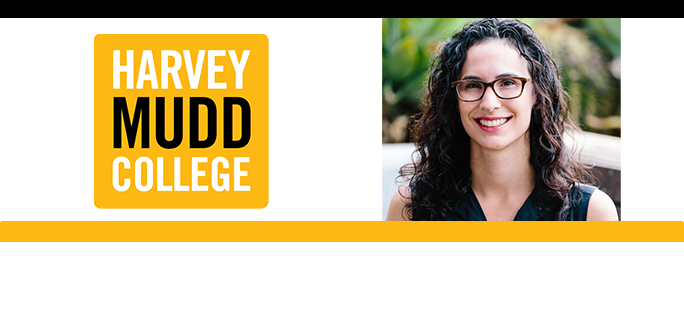
Leah Mendelson, Harvey Mudd College – Fish Out of Water
On Harvey Mudd College Week: What can fish teach us when they’re out of the water? Leah Mendelson, associate professor of engineering, looks into this. Dr. Leah Mendelson holds a B.S. from Olin College (2011) and a M.S. (2013) and Ph.D. (2017) from MIT, all in mechanical engineering. At Harvey Mudd College, Dr. Mendelson teaches…
-

Elahe Soltanaghai, University of Illinois Urbana Champaign – Sensing Beneath the Forest Canopy: A New Tool for Wildfire Prevention
We need new tools for wildfire prevention going forward. Elahe Soltanaghai, assistant professor of computer science and electrical and computer engineering at the University of Illinois Urbana-Champaign, aims to deliver one. Elahe Soltanaghai is an assistant professor of Computer Science at the University of Illinois Urbana-Champaign. Her research spans the areas of wireless networking and sensing with applications…
-
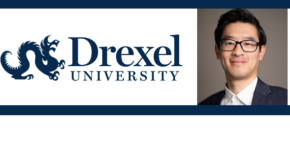
Wesley Chang, Drexel University – Optimizing Electric Vehicle Battery Performance in Cold Weather Climates
Electric car batteries may need some tweaking to work at their best in winter climates. Wesley Chang, assistant professor of mechanical engineering and mechanics at Drexel University, explores solutions. Wes Chang is an Assistant Professor in the Department of Mechanical Engineering and Mechanics, and an affiliated faculty member of the Department of Materials Science and Engineering and…
-
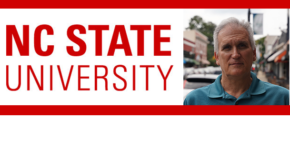
Larry M. Silverberg, North Carolina State University – Why Does the Field Concept in Modern Mechanics Make Sense?
We’re still learning how to understand certain aspects of science and mechanics. Larry M. Silverberg, professor of mechanical and aerospace engineering at North Carolina State University, discusses one such area of study. Larry M. Silverberg, born November 5, 1957, is a dynamicist. He writes for The Conversation about basic concepts relating to physical reality that…
-
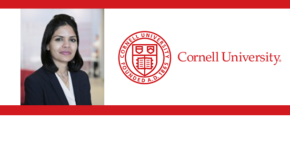
Greeshma Gadikota, Cornell University – Lowering the Carbon Footprint of Cement
Any way we can lower carbon footprints is worth pursuing. Greeshma Gadikota, associate professor and Croll Sesquicentennial Fellow at Cornell University, looks into one. Dr. Greeshma Gadikota is an Associate Professor and Croll Sesquicentennial Fellow in the School of Civil and Environmental Engineering with a field appointment in the Smith School of Chemical and Biomolecular…
-
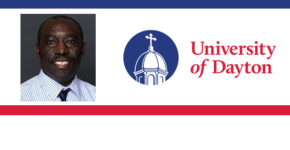
Deogratias Eustace, University of Dayton – Why Roundabouts? Known Benefits of these Circular Intersections Explained
No one likes waiting at a red light; enter the roundabout. Deogratias Eustace, professor and director of graduate studies at the University of Dayton, looks around to find out how traffic circles can make a big difference for drivers. Professor of transportation engineering in the Department of Civil and Environmental Engineering and Engineering Mechanics at…
-

Riley Post, University of Iowa – Can Little Ponds Fight Big Floods
Fighting floods is becoming a pressing issue. Riley Post, PhD candidate and graduate research fellow at the University of Iowa, determines one way to do so. Riley Post, P.E. is a PhD Candidate and Graduate Research Fellow in Civil Engineering within the Iowa Flood Center at the University of Iowa. His doctoral research centers on…
-

Abolfazl Karimpour, SUNY Polytechnic Institute – Red-Light Running Behavior at Signalized Intersections
On SUNY Polytechnic Institute Week: Why do people run red lights? Abolfazl Karimpour, assistant professor in the engineering department, examines the data. Dr. Karimpour is an Assistant Professor at the State University of New York Polytechnic Institute. Previously, he held positions as Manager and Assistant Research Professor at the University of Arizona’s Center for Applied…
-
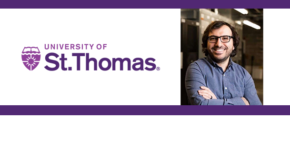
Mahmoud Kabalan, University of St. Thomas – Microgrids
On University of St. Thomas Week: What is a microgrid? Mahmoud Kabalan, assistant professor of electrical engineering, has more. Dr. Mahmoud Kabalan is an Assistant Professor and the Director of the Center for Microgrid Research (CMR) at the University of St. Thomas (UST) in St. Paul, MN. He received the National Science Foundation CAREER award…
-
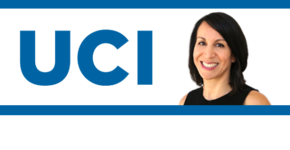
Regina Ragan, University of California, Irvine – Using E. coli to Detect Water Contamination
On University of California, Irvine Week: We hear about the harm bacteria can do, but what about the good? Regina Ragan, professor of materials science and engineering, examines this question. Ragan is a recipient of the National Science Foundation Faculty Early CAREER Award and a Fulbright Fellow. She is co-Director of the Institute for Design…
